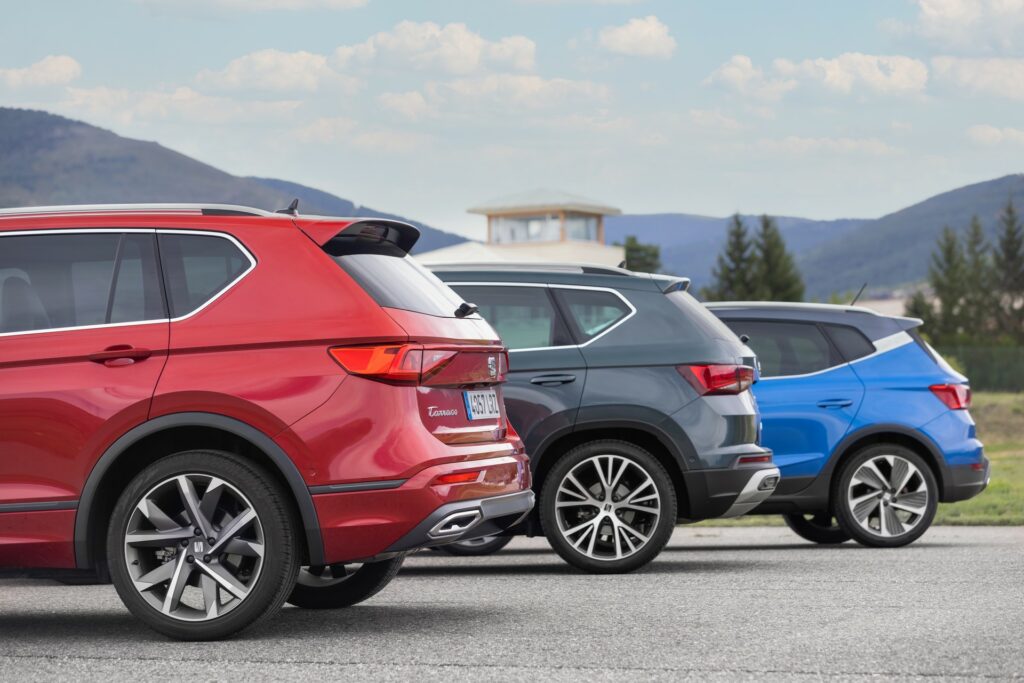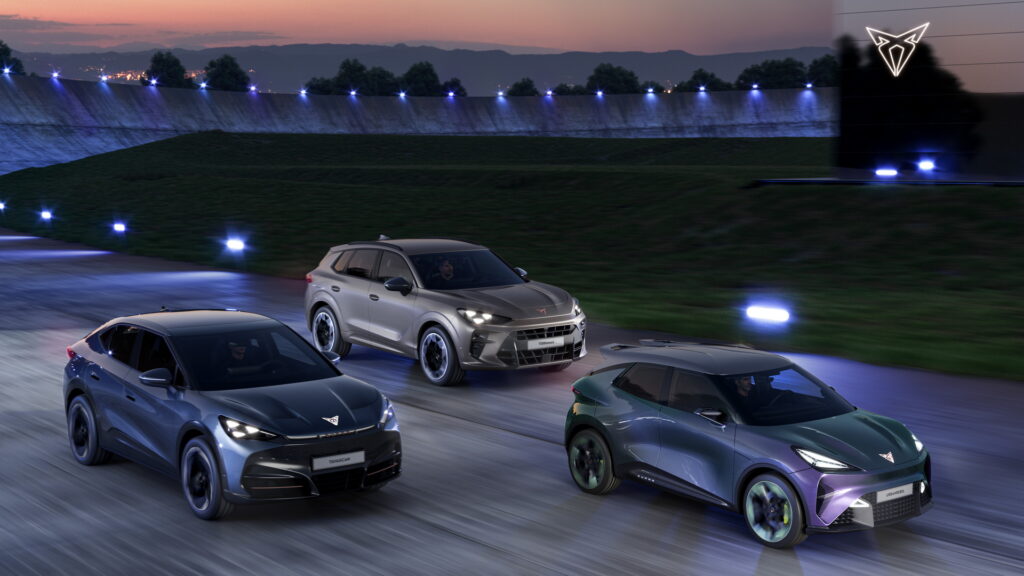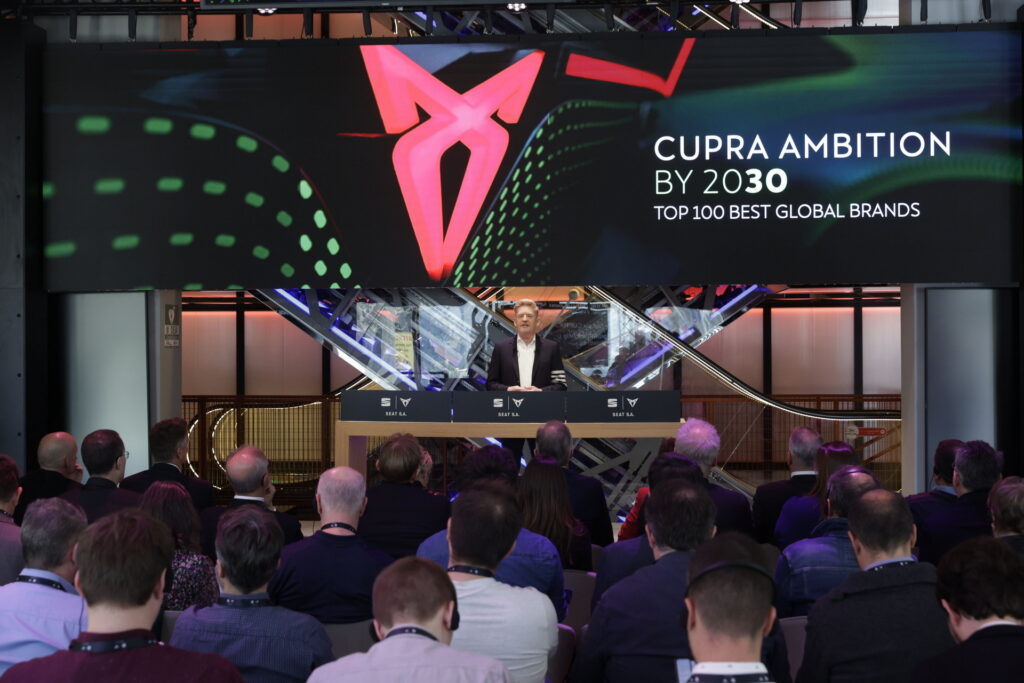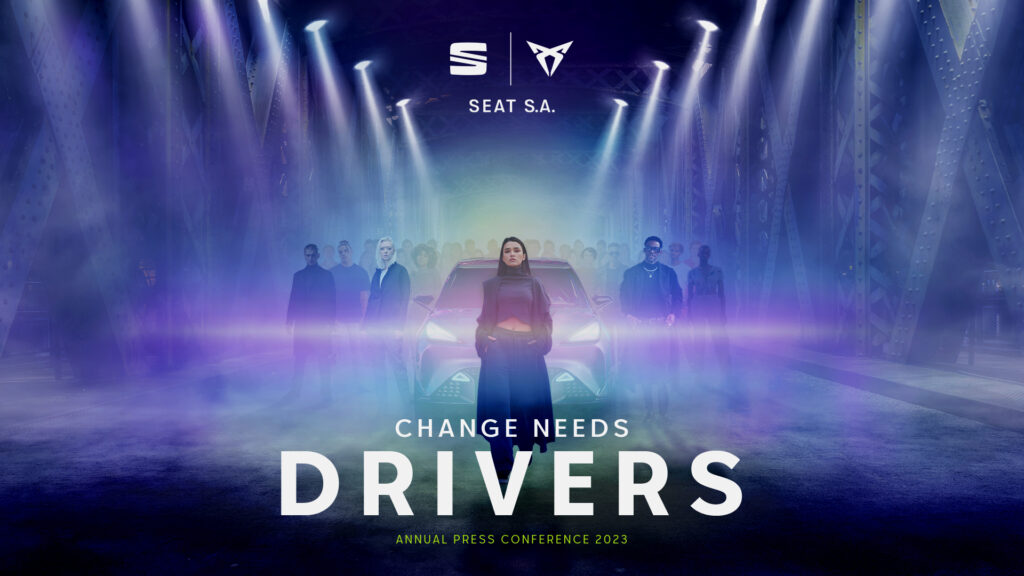Watching the annual press conference of Seat and Cupra which was broadcasted live from Barcelona earlier today, we couldn’t help but notice the lack of announcements for the future lineup of the former. In that regard, Wayne Griffiths, who is the CEO of both brands, confirmed there are no planned EV launches for Seat at least until 2026, with Cupra being their priority in terms of electrification.
As reported by Autocar, Griffiths said: “The new electric cars we are focused on at the moment are for Cupra. We cannot electrify both brands at once. Seat is combustion, Cupra is BEV. I think the idea that the two brands complement each other, being in the market at the same time, particularly during this transition phase, makes a lot of sense”.
Read: 2024 Cupra Tavascan Spied In Production Gear, Keeps Coupe-SUV Design

This strategy means that Seat will be left without a single EV model in its range for a few more years, unlike the vast majority of its rivals which have already progressed into the zero-emission era. Instead, the Spanish brand will focus on its existing ICE-powered lineup and its micro-mobility offerings which are using electric powertrains.
Speaking of micro-mobility, the Seat Mo electric scooter will be joined in the future by an electric heavy quadricycle that was previewed by the 2019 Seat Minimo concept and could rival the likes of the Citroen Ami and Renault’s Mobilize Duo. However, when it comes to proper car segments, Griffiths insisted that: “decisions on the future electrification of the Seat brand will be taken at a later date”. Note that last year, VW’s CEO Thomas Schäfer, assured everyone that Seat’s future is secured at least until 2028 or 2029, following earlier rumors about a possible demise.
Cupra Is On The Rise

On the other hand, Cupra, which already offers the Born compact EV, will expand its zero-emission lineup with the addition of the Tavascan SUV in 2024, and a smaller hatchback in 2025,. which was closely previewed by the UrbanRebel concept. Note that all three of the MEB-based Cupra EVs have mechanically related siblings from Volkswagen, Audi, and Skoda. Therefore, it wouldn’t really make sense for VW Group to launch similar offerings from Seat, as they could potentially cannibalize sales of the more expensive and more profitable Cupra.
While Cupra became an independent brand as recently as 2018, it quickly showed its potential in terms of sales and profits. VW Group officials realized that Cupra makes more money than the budget-friendly Seat, making it clear that the sportier and more premium of the two would prevail – at least in terms of R&D investment allocation.
Cupra sold 152,900 vehicles in 2022, almost doubling its numbers compared to 2021. This helped parent Seat S.A. to record operating profits of €179 million and a turnover of €10.5 million, being profitable for the first time since 2019. In the first two months of 2023, Seat S.A. has recorded 71,500 deliveries, representing a 27% increase compared to last year breaking down to a 12% increase for Seat and a 75% increase for Cupra.





